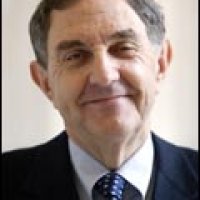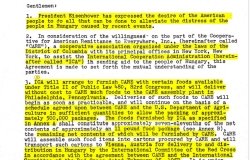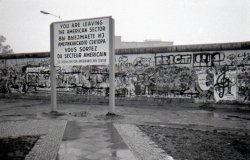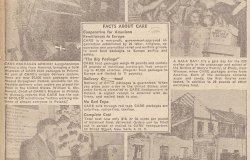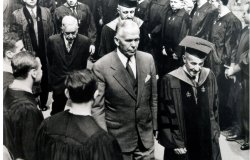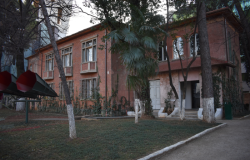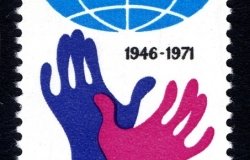1989 After 1989: Memory in Transition in Central and Eastern Europe
The eastern European revolutions of 1989 were a watershed in global history. Despite this, in the two decades since, their meaning has become a source of debate. While they have been promoted as a founding myth for a newly unified Europe, eastern Europeans have repeatedly represented them as a moment of betrayal, martyrdom, liberation, victory, disappointment, loss, colonization, or nostalgia.
Overview
The eastern European revolutions of 1989 were a watershed in global history. Despite this, in the two decades since, their meaning has become a source of debate. While they have been promoted as a founding myth for a newly unified Europe, eastern Europeans have repeatedly represented them as a moment of betrayal, martyrdom, liberation, victory, disappointment, loss, colonisation, or nostalgia.
In this presentation, James Mark suggests that understanding the way in which the region views 1989 is crucial to understanding its post-Communist politics. Mark will explore the relationship between the memory of the moment of Communism’s collapse and national identities, the emergence of political movements, and regional identity. He will compare countries where the memory of the collapse of Communism has become a source of political division (Hungary, Poland, Slovakia), to those in which a positive national identity around ‘1989’ is beginning to be built (Germany, Czech Republic).
James Mark is the author of The Unfinished Revolution: Making Sense of the Communist Past in central-eastern Europe, and a professor of history at the University of Exeter, UK. His research addresses the social and cultural history of state socialism in central-eastern Europe, the politics of memory in the area during both socialism and post-socialism, and aims to connect the region to broader global histories and processes through transnational and comparative methods. Mark's publications focus on the way in which history gets recast at moments of profound political change, addressing the ways in which political elites, cultural institutions, institutes of memory, and ordinary people have contributed to the re-imagining of the past after the fall of Communism in eastern Europe after 1989.
He has recently co-authored a monograph titled Europe's 1968, incorporating the socialist east and Mediterranean dictatorships into a comparative and transnational account of the activisms of the1960s and 1970s. Mark is currently working on a book (with Dr. Péter Apor) on the impact of the politics of decolonisation, peaceful co-existence, anti-imperialism, and market socialism on official and nonconformist cultures of late socialist Hungary, and is also editing a collection itled The Limits of Transnationalism in Europe 1950s-1980s (with Dr. Maud Bracke).
John R. Lampe, Professor Emeritus at the Department of History of the University of Maryland, College Park, will moderate the discussion.
Speakers
Hosted By

Global Europe Program
The Global Europe Program is focused on Europe’s capabilities, and how it engages on critical global issues. We investigate European approaches to critical global issues. We examine Europe’s relations with Russia and Eurasia, China and the Indo-Pacific, the Middle East and Africa. Our initiatives include “Ukraine in Europe” – an examination of what it will take to make Ukraine’s European future a reality. But we also examine the role of NATO, the European Union and the OSCE, Europe’s energy security, transatlantic trade disputes, and challenges to democracy. The Global Europe Program’s staff, scholars-in-residence, and Global Fellows participate in seminars, policy study groups, and international conferences to provide analytical recommendations to policy makers and the media. Read more
Thank you for your interest in this event. Please send any feedback or questions to our Events staff.
